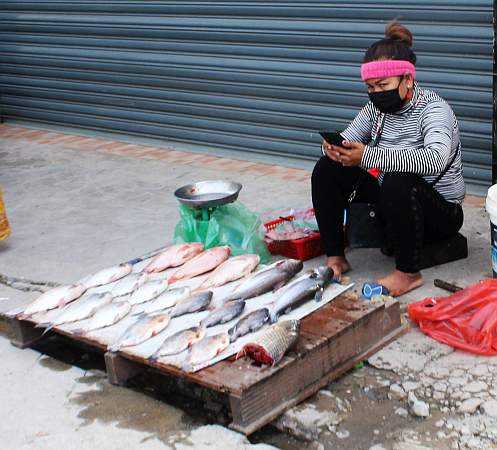
Is she home?

Charlie Dittmeier's Home Page

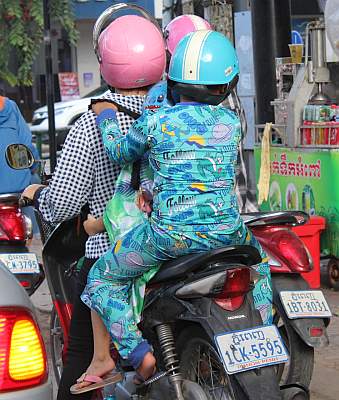
A quick glance at this motorcycle shows a little boy holding onto his mother as they cruise along…
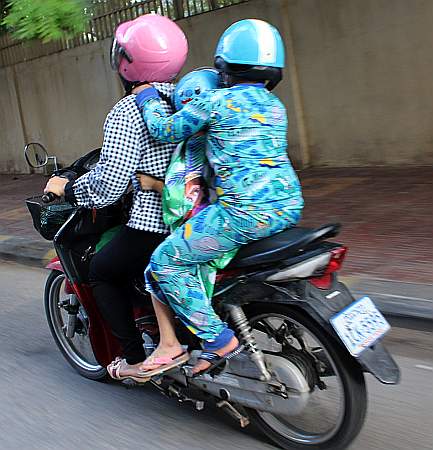
A second glance, though, from a little different angle, shows that there are TWO little boys riding behind their mother, and the bigger boy’s arms are making sure the littler one stays right where he belongs.
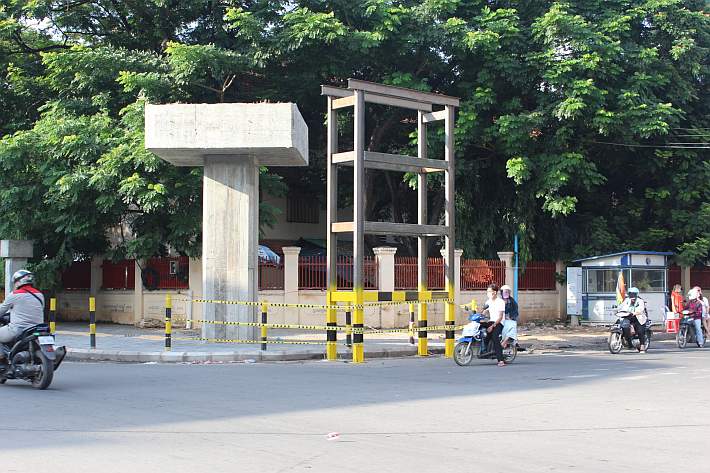
There is a large high school behind the trees in the photo above, and more than a year ago the city started to build a pedestrian overpass for the students to get over a really busy intersection. Then came the pandemic and the schools were closed–and the overpass construction stopped. Now the schools are reopening and the construction is resuming. Why they didn’t finish the overpass BEFORE the schools opened? Who knows.
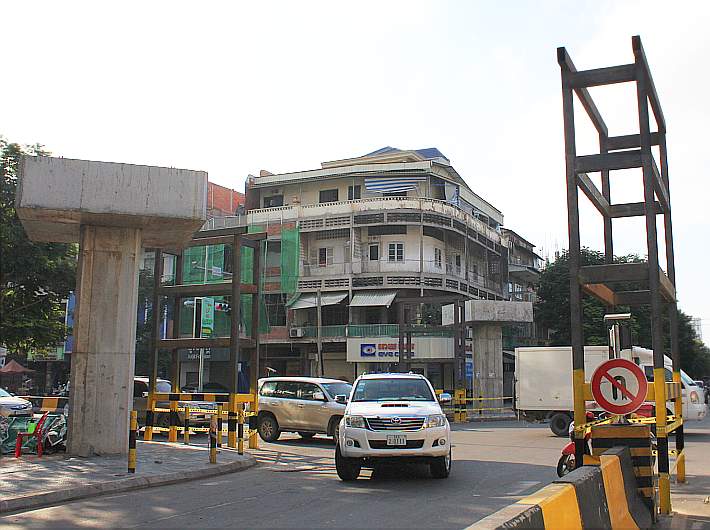
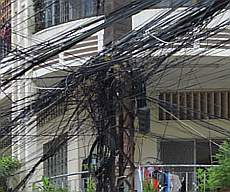
I often wonder about being a lineman working in Phnom Penh. How do the workmen ever identify and sort out the wires and cables facing them? Click here to see some of those intrepid souls.
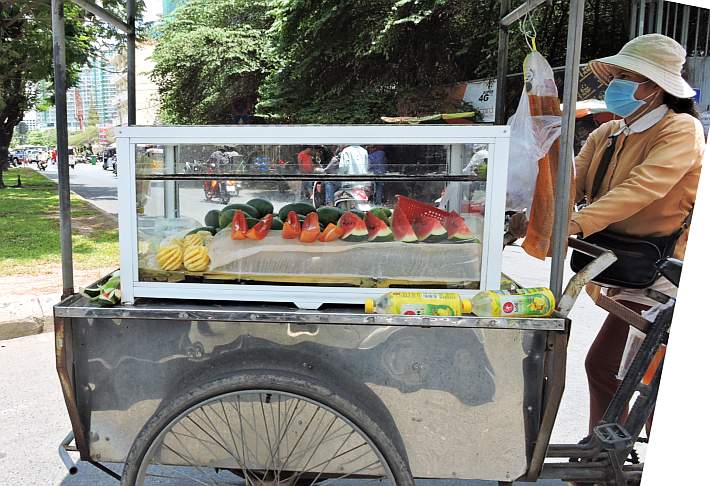
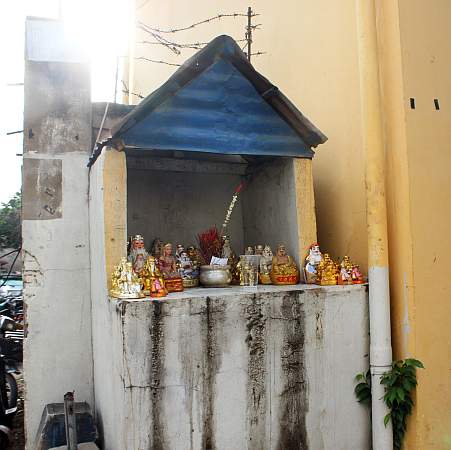
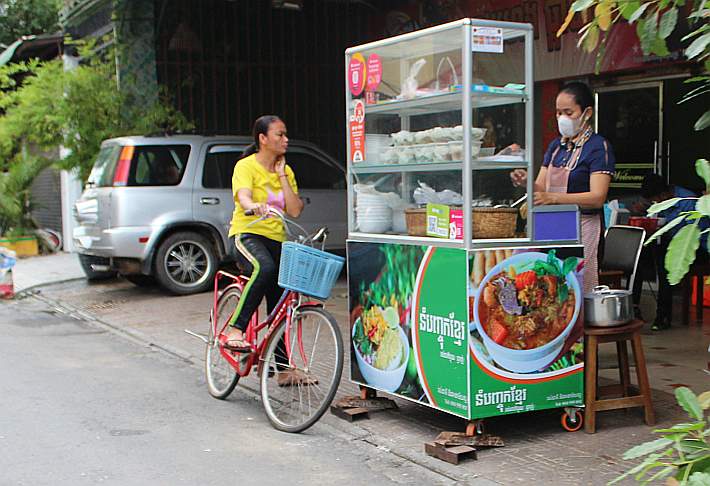
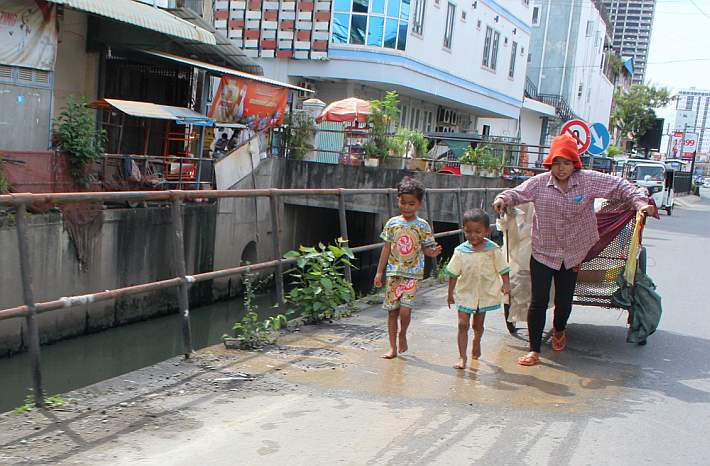
For this mother, every day is “Take your children to work day.”
This is not an uncommon sight in Phnom Penh, a mother–or father–taking the children to work with them. It is more common now because the schools have been closed and the parents have no alternative except to take the children with them.
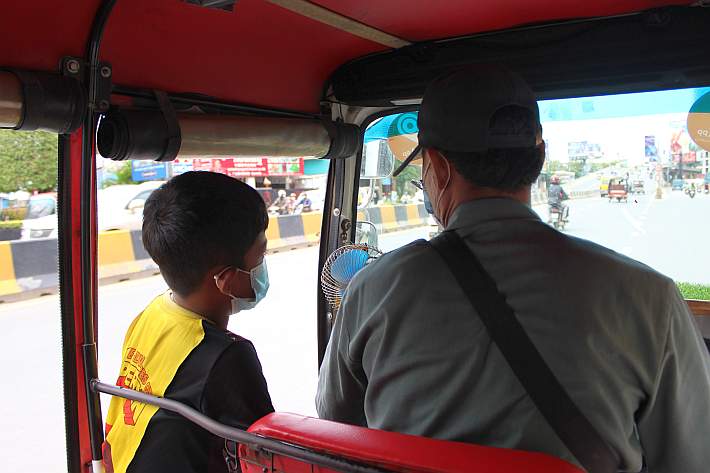
Here a father takes his son along for the ride as he picks up people in his tuk-tuk all day long. This son and father really seemed to enjoy being together from the conversations they were having.
